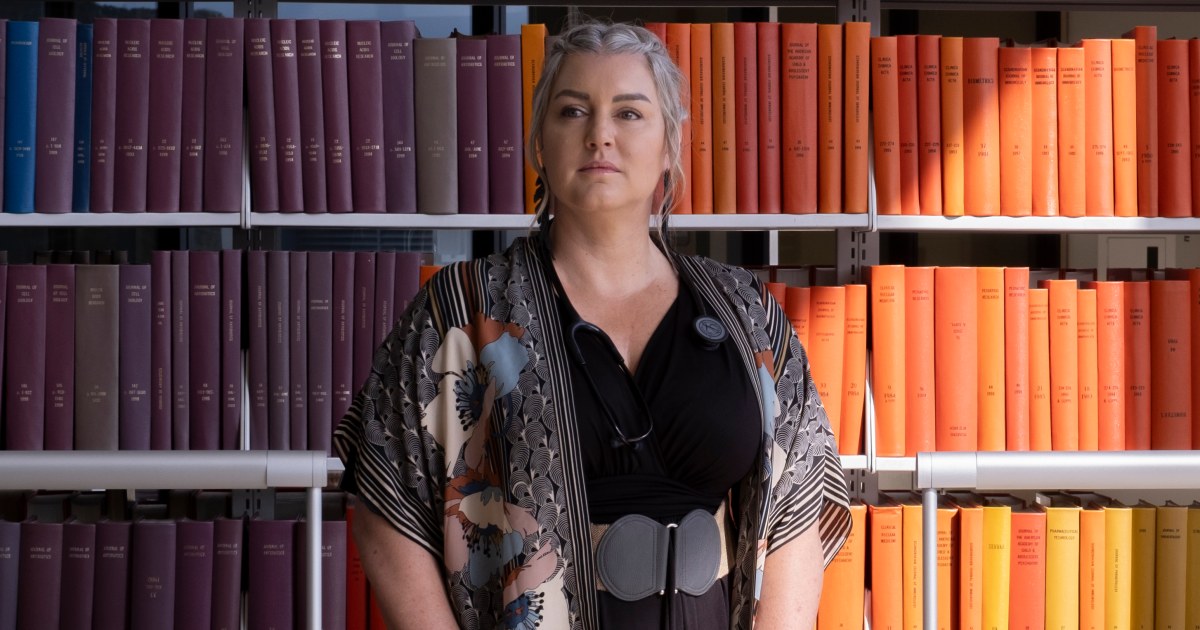Dr. Kade Goepferd, medical director of Children’s Minnesota Hospital’s Gender Health Program, like many providers who treat transgender youths, has received death threats. Goepferd said the growing waitlist, which has expanded due to surrounding states’ bans on gender-affirming care, is more concerning. The program has seen a 30% increase in calls, leading to a waitlist of at least a year. NBC News found that clinicians in states like Connecticut and California are similarly overwhelmed by the influx of out-of-state patients. Legal risks and logistical challenges, such as insurance denials, are straining providers. Shield laws are “a tenuous protection,” according to Dr. Molly McClain of the University of New Mexico’s Deseo clinic. A “majority of gender-affirming care providers NBC News interviewed had received threats, ranging from angry calls and emails to arson.”
these people are real heroes
Threats and attacks based on a political ideology? Let’s call it what it is: terrorism.
What kinda of things does gender affirming care entail outside of hormone therapy and full reassignment surgery?
Gender affirming clinics are not doing any kinds of surgery, period. A gender affirming care provider is doing care in the context of the unique health needs of a trans individual. Often this has to do with how hormones affect the body, but in many cases it’s just about being able to provide care in an affirming way. A provider with no training might suggest the patient do things which are not in alignment with their gender (such as advising them to stop or adjust hormones in response to lab values which can be managed in other ways) or use language which is offensive or harmful to the patient (misgendering and dead naming for example). Ancillary services such as speech therapy might be offered at these locations, although generally speaking they tend to be pretty primary care focused. Knowing how often you should be testing for various things, like pap smear frequency for trans men, or knowing how to treat pelvic pain in trans men and women are the kinds of care that gender affirming clinics can offer. Understanding to keep a closer watch on hemoglobin levels for trans men and advising that they donate blood or take medication if they get too high, is also something that a normal clinic might miss. Honestly there’s far too much to even mention in a single comment, which is why these places exist and why there is so much demand.
I see! Like going to a black hair salon because they’re more likely to know the idiosyncrasies of that hair type and are less likely to look at you cross-eyed when you walk in the door.
Yeah I think that’s a reasonable analogy. It’s important to note that medicine and taking care of your hair are not quite analogous and the potential negative outcomes from bad health care can be orders of magnitude worse than a negative outcome at a salon… But yeah




